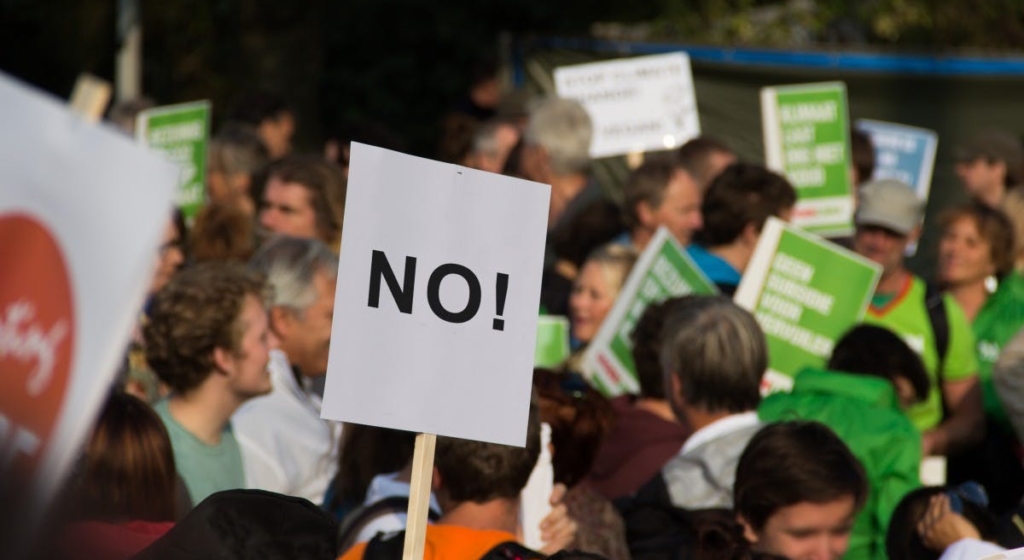California has long been a leader on climate change policy.
Beginning in 2005 under Gov. Arnold Schwarzenegger, the state established bold targets for reducing greenhouse gas emissions – and has subsequently reached those targets years ahead of schedule.
California established the first multi-sector cap-and-trade program in North America, a program that has been cited as “an international model in the fight against global warming.” When the program was renewed with great fanfare in July 2017, the Los Angeles Times heralded the move as “cementing California’s role as a leader on climate change.” (Los Angeles Times, “Gov. Jerry Brown signs law to extend cap and trade, securing the future of California’s key climate program”)
The record of climate policy success in California is clear. In the past seven and a half years under Gov. Jerry Brown, California has doubled statewide wind power production and seen a nearly thirty-fold increase in solar energy production. California consumed less energy in 2015 than it did in 2010, despite substantial growth in population and economic activity.
Furthermore, California also has a long track record of global leadership on climate issues. The state has direct bilateral climate action agreements with Brazil, Canada, Chile, China, France, India, Israel, Japan, Malaysia, Mexico, Netherlands, Peru, and South Korea, and has launched broad climate change coalitions like the Under2Coalition and the U.S. Climate Alliance.
Given all this progress, when Governor Brown announced in July 2017 that California would host the Global Climate Action Summit, the New York Times called him, “America’s de facto leader on climate change.”
This view of progress and climate leadership, however, is not shared by many activists in California.
As Food & Water Watch declared in a July 2018 statement:
“As Governor Brown prepares to host a global climate summit in San Francisco, more and more Californians are realizing that his energy policies are thoroughly weak, and the wrong example for the rest of the country and the world to follow. And so, at his upcoming climate summit in San Francisco, we and our allies will be protesting and not celebrating him … Brown has failed California.”
According to the activists, Brown is a failure because he doesn’t subscribe to their radical views on energy policy. The difference in tone between the experts inside the conference and the activists outside the conference will be stark.
As hundreds of leaders from around the world meet in San Francisco to participate in the Global Climate Action Summit, outspoken activists have placed themselves far outside the mainstream. Their strident, radical attacks raise a question: Are these organizations credible only to a small number of allies on the fringes of public opinion?


